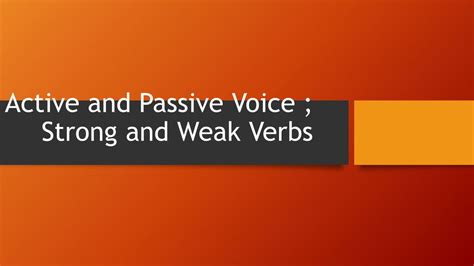The Power of Direct Communication
In the vast landscape of writing, clarity and impact are paramount. Two fundamental elements that significantly contribute to both are the consistent use of active voice and the strategic avoidance of weak verbs. These principles are not mere stylistic preferences; they are powerful tools that can transform convoluted prose into compelling narratives, sharp arguments, and crystal-clear explanations. By embracing active voice and choosing strong, dynamic verbs, writers can infuse their work with energy, authority, and precision, ensuring their message resonates powerfully with the audience.
Active Voice: The Foundation of Clarity
Active voice is when the subject of a sentence performs the action. For instance, in the sentence “The dog chased the ball,” the dog (subject) is actively doing the chasing. Conversely, passive voice occurs when the subject is acted upon, as in “The ball was chased by the dog.” While passive voice has its place, particularly when the actor is unknown or less important than the action, overuse can lead to cumbersome, vague, and less engaging writing. Active voice inherently brings directness and responsibility to your sentences, making them easier to understand and more dynamic.
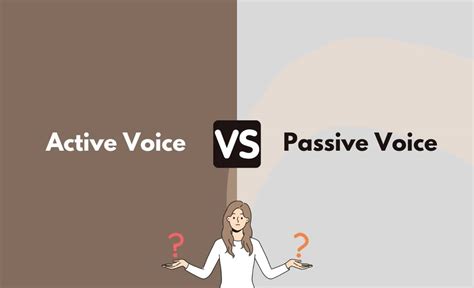
Consider the difference: “Mistakes were made” (passive) versus “I made a mistake” (active). The active construction is not only more concise but also assigns clear accountability. Regularly opting for active voice helps maintain a strong narrative flow and keeps your reader engaged by presenting information in a straightforward manner.
Identifying and Eliminating Weak Verbs
Weak verbs often dilute the impact of your writing, forcing you to rely on adverbs or more words to convey meaning that a single strong verb could handle. The most common culprits are forms of the verb “to be” (is, am, are, was, were, be, being, been) when used as the main verb, especially when they lead to nominalizations (turning a verb into a noun, e.g., “make a decision” instead of “decide”). Modal verbs (can, could, may, might, must, shall, should, will, would) followed by generic verbs can also weaken sentences.
- Weak: “The reason for the delay was because of the bad weather.”
- Strong: “Bad weather delayed the flight.”
- Weak: “She made a commitment to finish the project.”
- Strong: “She committed to finishing the project.”
These examples illustrate how replacing weak verb constructions with robust alternatives streamlines sentences and enhances their vigor.
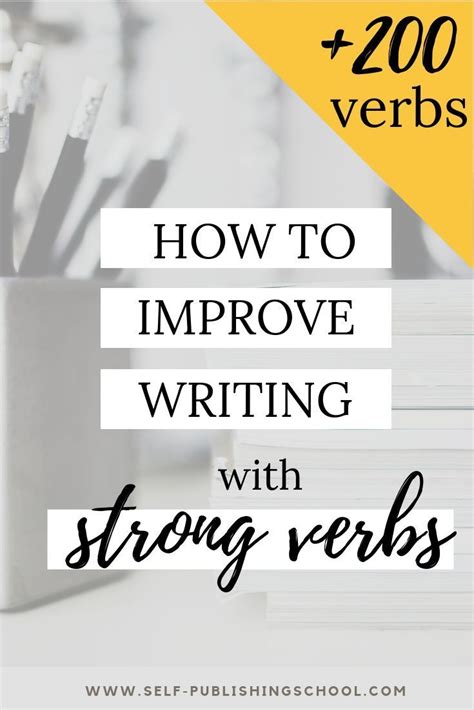
Strategies for Strengthening Your Verbs
Cultivating a habit of strong verb usage requires conscious effort during both drafting and revision. Here are some effective strategies:
- Replace “to be” verbs: When you see a form of “to be,” ask if a more specific, action-oriented verb can take its place. Instead of “The dog was barking loudly,” try “The dog barked loudly.”
- Choose specific action verbs: Opt for verbs that precisely describe the action. Instead of “She went quickly across the room,” try “She darted across the room” or “She sprinted across the room.”
- Avoid nominalizations: Look for nouns that could be verbs. “The committee held a discussion” can become “The committee discussed.”
- Eliminate unnecessary adverbs: Often, a strong verb can absorb the meaning of an adverb. Instead of “He walked slowly,” consider “He ambled” or “He sauntered.”
- Read widely and observe: Pay attention to how skilled writers use verbs. Their prose can offer invaluable lessons.
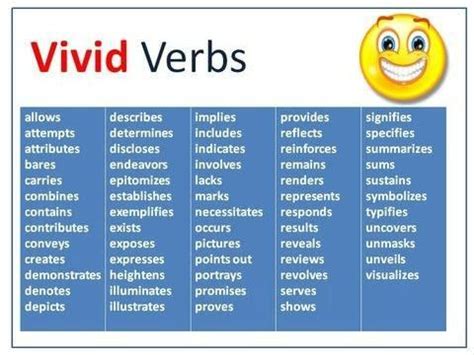
Practice and Revision: Your Best Tools
Like any skill, mastering active voice and strong verbs improves with practice. During your first draft, focus on getting your ideas down. However, dedicate a significant portion of your revision process to verb scrutiny. Read your work aloud; awkward passive constructions or weak verbs often sound clunky. Utilize grammar checkers, but don’t rely solely on them. Train your ear and eye to spot these linguistic pitfalls.
A useful exercise is to highlight every instance of a “to be” verb or a general verb like “make,” “get,” or “do.” Then, challenge yourself to replace at least half of them with more vigorous alternatives. This focused attention will gradually refine your writing instincts, making strong verb choice more intuitive.
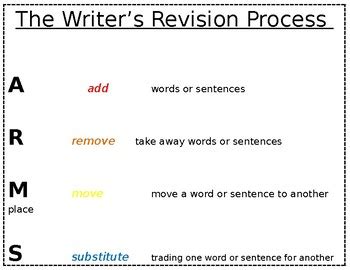
Conclusion: Elevate Your Prose
Ensuring active voice and avoiding weak verbs are more than just rules of grammar; they are cornerstones of effective communication. By making conscious choices to use active constructions and powerful, precise verbs, you imbue your writing with clarity, energy, and authority. This not only makes your prose more engaging for your readers but also sharpens your own thinking and expression. Embrace these principles, and watch your writing transform into a more dynamic and impactful force.
